Recent Forum and multi-stakeholder hearing attendances for the congregation of the mission5/24/2023 Recently, the Congregation has attended the Multi-Stakeholder Forum on Science, Technology, and Innovation for the SDGs (STI Forum) and Multi-Stakeholder Meetings on Universal Health Coverage (UHC) and Pandemic Prevention, Preparedness, and Response at the United Nations. Please find brief summaries of the events below. More information about these events can also be found here: STI Forum & UHC/PPPR Multi-Stakeholder Hearings
0 Comments
The full measure of the Vincentian commitment to social justice was brought to light for a group of St. John’s University students during a visit to the United Nations in Manhattan on Wednesday, October 26.
Read the full article here As part of the Sixth World Day of the Poor, which will be celebrated next Sunday, Nov. 13, Pope Francis today (Nov. 9) blessed "Sheltering", a sculpture depicting the plight of the homeless. The work was given to the Vincentian Family's, FamVin Homeless Alliance (FHA), with the goal of ending homelessness and changing the lives of the 1.2 billion people who live without a place to call home around the world. “Our Common Agenda” report looks ahead to the next 25 years and represents the Secretary-General’s vision on the future of global cooperation and reinvigorating inclusive, networked, and effective multilateralism. The Secretary-General presented his report to the General Assembly in September 2021 before the end of the 75th session of the General Assembly.
Explore the Report Here This report presents a unique voice in the discussion of poverty in the United States by
The earth has blood and is bleeding, the multinationals have cut On World Environment Day, various movements, associations, Pastoral groups and religious
congregations of the Catholic Church of Panama signed this statement expressing our concern about some actions and processes currently in play that are turning Panam into a “mining country”. The fact is: Panama is granting more than 25000 acres of land between Coclé and Colón to be used for mining. Negotiations with international mining companies without consultation of the Panamanian people and affected communities is evident and concerning. International mining deals are occurring without the inclusion of actors who oppose this new mining model for the country. Lastly, the continuous mention of the areas of the Ngäbe-Bugle Region without respecting the clear rejection of these populations to mining and a special law that prohibits such activity in their territories is concerning. Examples of environmental damage, combined with weak institutionality and corruption, have been caused by the mining issue over the last few decades. To mention a few: abandoned mining sites, such as the Santa Rosa mines in Cañazas and Petaquilla in Molejón have left serious environmental damage and precarious situations for nearby communities. So far, the Panamanian state has not been able to resolve these dangerous situations. Another painful example, little known to the Panamanian people, is that the Panamanian state paid an American mining company nearly $16 million in November 2020, in the midst of a pandemic. When a World Bank arbitration mechanism ruled in favor of the company that wanted to follow its illegal activity in Cerro Chorcha of Ngäbe-Bugle Region (ICSID case ARB/16/13). Among the various mining-related issues that concern us, we can mention environmental damage, its weakness as an economic model, and the lack of participation of affected communities in decision- making… Caring for Our Common House: As part of the Mesoamerican Biological Corridor, Panama enjoys being one of the most biodiversity-rich places on the planet. As believers, we see in that blessing the commitment to care for our common house. The language adopted by mining companies and governments (clean, sustainable, green) are completely false expressions that negate the irreparable and non-mitigable damage that this industry innately creates. As Pope Francis mentioned in Laudato Yes, “exports of some raw materials to satisfy markets in the industrialized North have produced local damage, such as mercury pollution in gold mining or sulfur dioxide in copper mining.” As the current example of Molejón (Laudato Si', 51), mining in the context of Panama destroys vast expanses of tropical forest. These damages are not mitigated by the planting of monocultures elsewhere, just as monocultures are not “reforestation”. “The replacement of wild flora by forested areas with trees, which are generally monocultures, is not usually the subject of adequate analysis” and can “seriously affect a biodiversity that is not hosted by new species that are implanted” (Laudato Si’ 39). Water use and pollution is also significant. Mining, at last, is a finite activity that when it depletes resources only leaves destruction, desolation and little capacity for environmental regeneration. Seeking Fair Economic Models: The justification by the government and other entities such as the Inter- American Development Bank in boosting mining activity at this time in order to reactivate the post- pandemic economy. On this issue, we wish to echo our Bishops from Central America, who said that “not every investment is desirable; this is the case with mining.” The countries of the region, including Panama, “have weak foreign investment laws and lax regulations that do not guarantee that pollutants such as cyanide are handled safely for the health of the population” (SEDAC, November 26, 2010). We must bear in mind that Panama is a small country with very fragile ecosystems, so it is necessary to lay the foundations for a green economy and circular production that benefits us all along with the environment. Instead of accepting a mining “development” model that has caused serious inequality in other countries, with a healthy post-pandemic vision, we aim to seek “an alternative, integral and supportive development model, based on an ethic that includes responsibility for a true natural and human ecology. Ideally, it will be based on the gospel of justice, solidarity and the universal destiny of goods, and that it will overcome utilitarian and individualistic logic, which does not submit to prioper ethical criteria of economic and technological powers” (Aparecida, 474.c). It is time to stop seeing God’s creation simply as “market goods.” Respect the Dignity of All Populations. It is also worth mentioning that experiences with the mining industry in the country, as well as in all countries, have been of little consultation and respect to the populations concerned. Manipulation and corruption dominate rather than aim for a mutual dialog. Therefore, the Bishops of Central America have pointed out that they have not “developed legitimately recognized mechanisms of consultation that allow the affected communities to be informed truthfully and to assert their demands” (SEDAC, November 26, 2010). The Pope says in Laudato Si’ that “forecasting the environmental impact of undertakings and projects requires transparent political processes and is subject to dialog, while corruption, which hides the true environmental impact of a project due to common usage of ‘favors’ and unethical ‘exchanges’, usually results in spurious agreements that avoid informing and debating widely” (182). In these processes, populations have every right to say “no” to the imposition of these mega-projects that will completely change their lives in a negative way. We highlight the example of the consensus reached by the Ngäbe and Bugle indigenous peoples in Law 11 of 2012 not to allow the metal mine in their territories, agreements that national and international agencies should respect. Pope Francis states in Querida Amazonia that “they do not respect the right of the original peoples to the territory and to its demarcation, to self-determination and to prior consent, they must be given the names that correspond to them: Injustice and crime” (14). The feeling of these words also applies in non- indigenous territories, where rural populations continue to suffer from the unjust imposition of these harmful projects. Based on the above, we demand… { that the relevant institutions open up a space of wide and authentic dialog that involves all actors and does not rule out a total mining moratorium as a result of the process. { That the Ministry of Trade and Industry suspend the new concession of 25 thousand hectares until the above-mentioned process is completed (Resolution No. 89 may 12, 2021). { That the government effectively comply with the recent existing Escazú Agreement that applies to the processes of true participation of the affected communities in the decision-making that affects them. “We cannot fail to recognize that a true ecological planting always becomes a social planting, which must integrate justice into discussions about the environment, in order to hear both the cry of the earth and the cry of the poor” (Laudato Si’49). Translated from Spanish by Chloé Bergeron June 5, 2021 (Día Mundial del Medio Ambiente) Movimiento Laudato Si´ Panamá Red Eclesial Ecológica Mesoamericana capítulo Panamá (REMAM) Comisión de Justicia y Paz Universidad Santa María la Antigua (USMA) Pastoral Social/Cáritas Pastoral Afro Panameña CEP Solidaridad y Misión Panamá (SOMI) – Misioneros Claretianos Pastoral Migrantes, Vicariato de Darién Coordinadora Nacional de Pastoral Indígena (CONAPI) Pastoral de la Tierra, Misioneros Claretianos, Semaji Pastoral Universitaria (CRUV) Pastoral de la Cultura CEP Pastoral Penitenciaria Congregación de San Vicente De Paul, Región de Panamá Juventud Católica Ngäbe, Soloy Equipo de Pastoral Indígena Arquidiocesano (EPIA) Pastoral Indígena Diócesis de David Misión Agustino Recolecta, Changuinola Instituto Esclavas del Sagrado Corazón de Santa Caterina Volpicelli Hermanas de la Misericordia Oblatas del Corazón de Jesús Legión de María El Instituto María de la Américas (MARILAM) Equipo Latinoamericano para la Promoción del Cambio Sistémico Misioneros Seglares Vicentinos Panamá (MISEVI) Sociedad de San Vicente de Paul (SSVP) Fundación Nuestra Señora del Camino Pastoral Juvenil de las Hijas de Caridad Consejo Parroquial Inmaculada Concepción, Concepción Parroquia San Vicente de Paúl, Soloy Sector Pastoral Renacimiento, Chiriquí Fundación Héctor Gallego Movimiento de Profesionales Católicos – Panamá Allied Groups: Comité Cívico Torremolinos Fundación Humanitas Movimiento Ascanio Villalaz Paz Fraternidad Cristiana de Personas con Discapacidad (FRATER) Alianza Estratégica Nacional Movimiento Anticorrupción de Veraguas 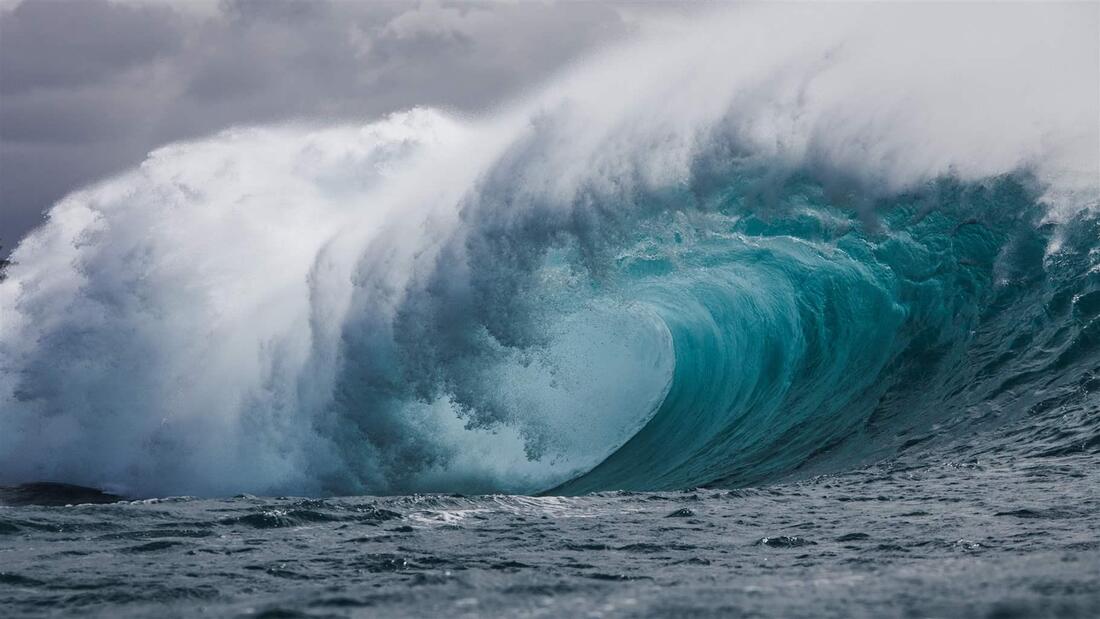 Make a splash this #Oceansday by taking our quiz! Put your knowledge to the test. Be a friend to oceans. We depend on them even more than they depend on us. https://www.quiz-maker.com/Q4W2XQ8YC We are living through an important time in history, and as we overcome the COVID-19 Pandemic, it is important that we recognize the inequalities that have become readily apparent within the healthcare industry and beyond. Pope Francis has called on world leaders to resist the temptation to participate in “vaccine nationalism”, urging nations and companies to cooperate with each other. Reflecting on the current realities and in support of the World Health Organization (WHO) in urging the leaders of the nations and the pharmaceutical industry to work together for a fair distribution of inmunizations around the world, a Christian health network wrote an appeal for global equity in access to Covid-19 vaccines. Medical Mission Sisters has been part of this effort and one of the 28 signing organizations. To learn more and get involved, read the work below:
|
|||||||||||||||||||||||||
Congregation of the Mission - Vincentians
United Nations Office
246 E 46th Street
Vincentian International Network For Justice, Peace and Integrity of Creation
United Nations Office
246 E 46th Street
Vincentian International Network For Justice, Peace and Integrity of Creation
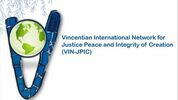
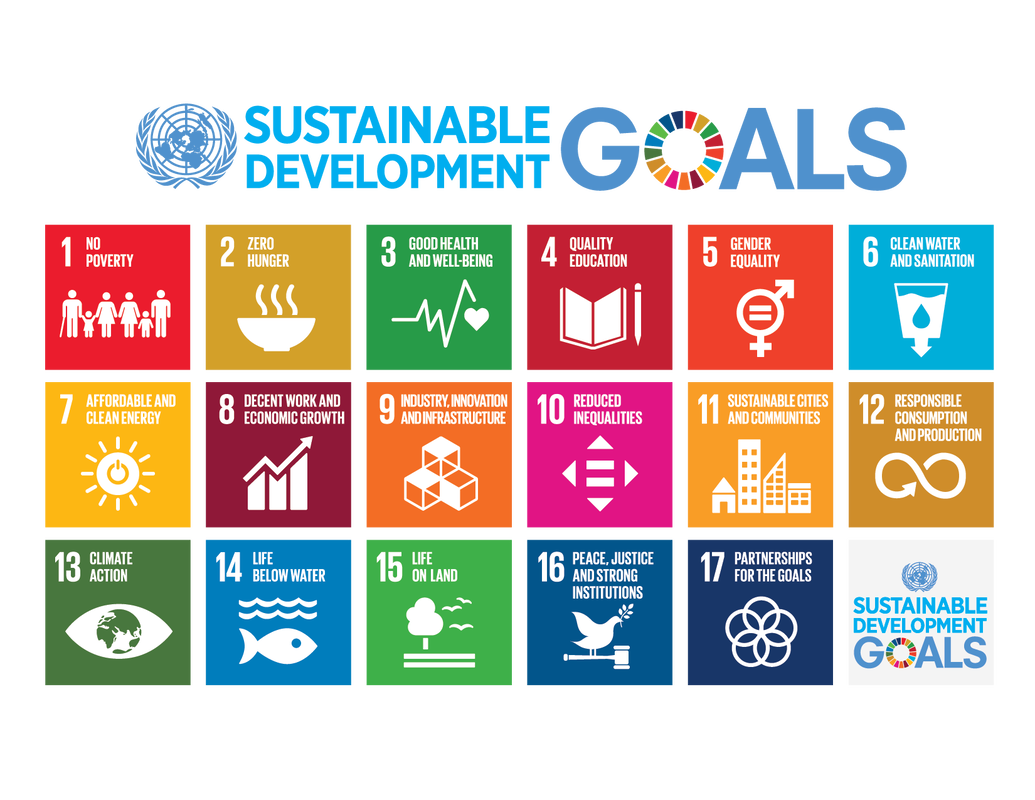
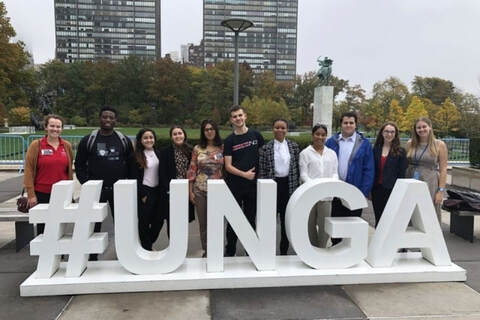
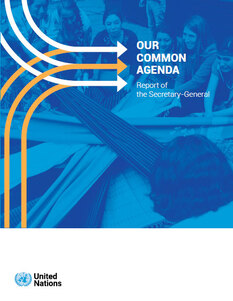
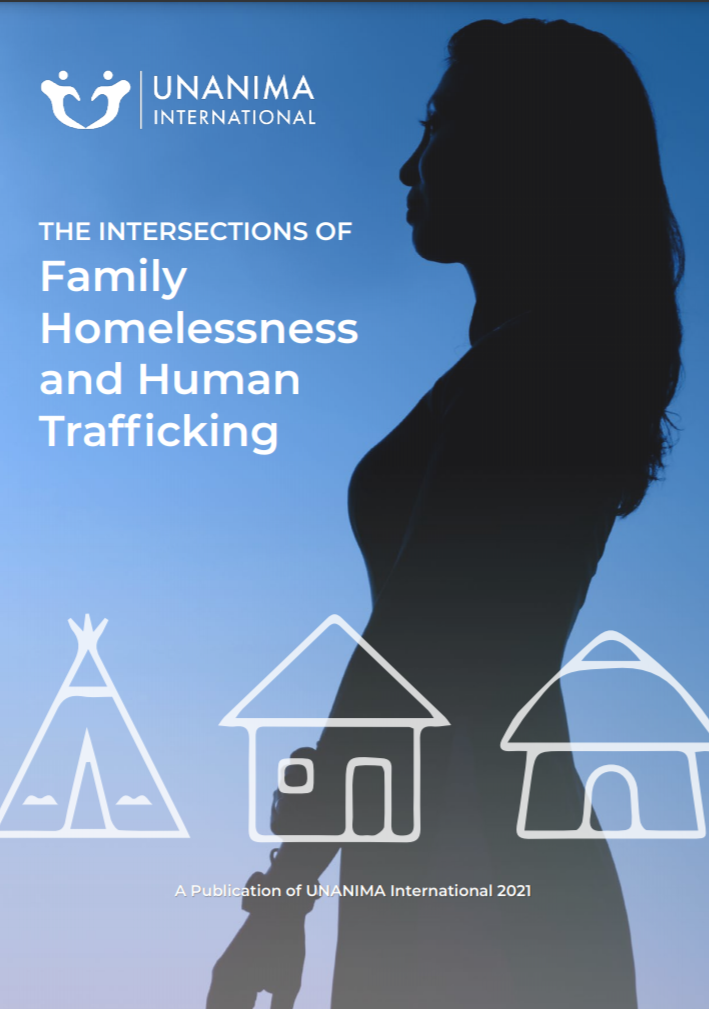
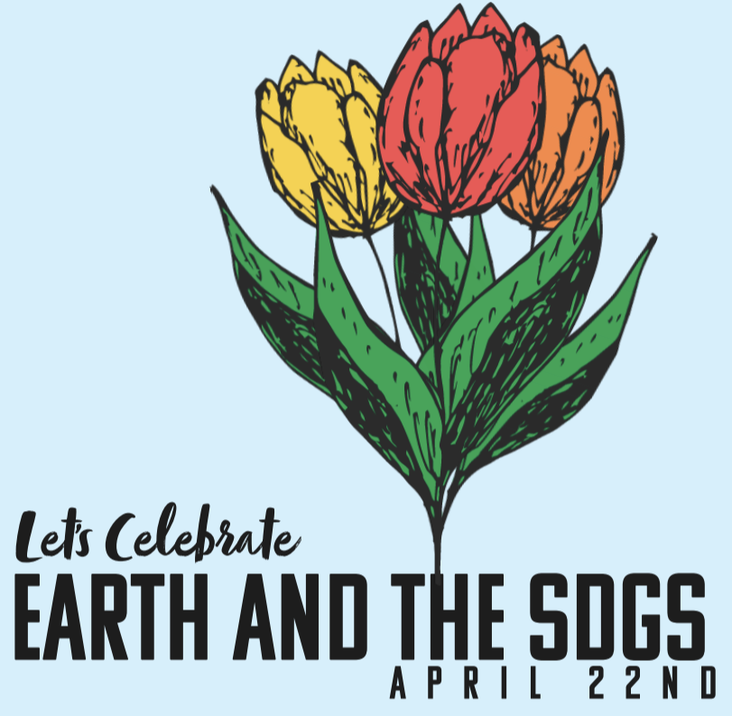
 RSS Feed
RSS Feed